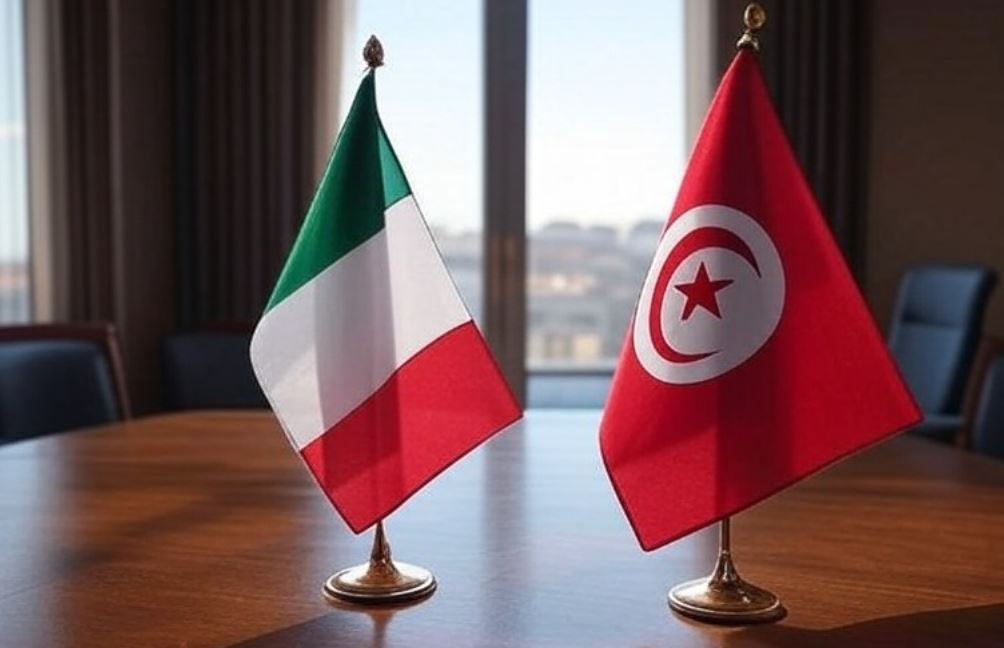
Italy is intensifying its economic presence in North Africa, using Tunisia as the strategic hub for its broader Maghreb ambitions, according to developments unveiled at the first edition of Invest Africa 2025, held from September 25 to 27 in Tunis.
The event, hosted at the Carthage Thalasso Resort in Gammarth, brought together more than 30 Italian companies and facilitated over 250 bilateral meetings with Tunisian businesses.
Organizers described the initiative as a pivotal moment in Italy’s effort to reposition itself as a major economic player in Africa, challenging traditional French influence and China’s growing presence.
Speaking at the event, Italian Ambassador Alessandro Prunas highlighted Tunisia’s role: “Tunisia, our strategic partner, must also be considered a gateway to the entire African continent.”
Tunisia’s geographical location, connecting the Mediterranean and sub-Saharan Africa, offers Italian companies privileged access to emerging African markets. The country has already issued over 350 certificates of origin for exports to AfCFTA member states, reducing customs barriers ahead of full duty elimination in January 2026.
The economic figures underscore the growing Italian footprint. In the first half of 2025, Italy became Tunisia’s second-largest investor, with 159.4 million Tunisian dinars (€47 million) in foreign direct investment outside the energy sector, accounting for 10% of total FDI.
Overall, Tunisia saw FDI rise by 20.8% compared with 2024, driven primarily by manufacturing and energy sectors.
Italy’s strategy extends beyond Tunisia. In Algeria, Italian investments target the automotive industry and agriculture, including large-scale projects supplying components to Volkswagen, Mercedes, Lamborghini, Audi, and Stellantis.
Companies such as Bonifici Ferrari are expanding operations, integrating crop production, livestock, and dairy into ambitious regional projects.
These initiatives form part of the Mattei Plan, launched by the Italian government to foster co-development, technology transfer, and sustainable partnerships across Africa. Italian officials emphasized a pragmatic approach: focusing on private sector-led growth, joint ventures, and integration into European value chains rather than traditional aid models.
Event organizers confirmed that the success of the Tunis edition would be replicated in Algeria, Egypt, Libya, Senegal, Ivory Coast, Cameroon, and Kenya, signalling Italy’s intent to consolidate its influence across the continent. For Tunisia and its neighbours, this offensive offers a pathway to diversify economic partnerships and accelerate integration into global markets.



